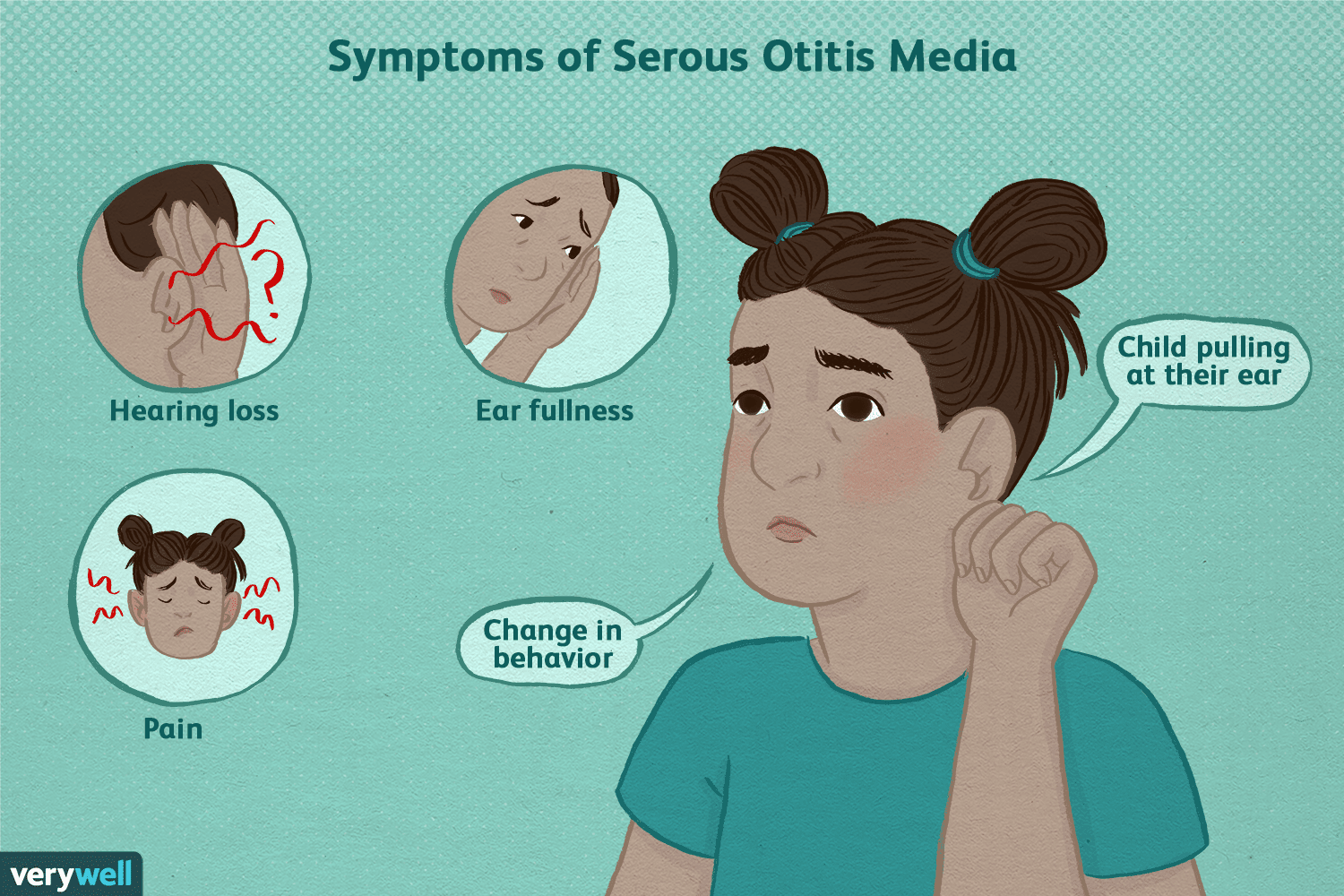Vertigo A Dizziness That Can Disrupt Your Life
Vertigo is a sensation of spinning or dizziness. It can be a symptom of various underlying conditions, including inner ear disorders, neurological problems, or medication side effects.
Types of Vertigo
- Peripheral Vertigo: This type is most common and often caused by problems in the inner ear, such as benign paroxysmal positional vertigo (BPPV) or labyrinthitis.
- Central Vertigo: This type is less common and is caused by problems in the brain or brainstem.
Symptoms of Vertigo
- Spinning sensation: Feeling like you or your surroundings are spinning.
- Nausea and vomiting
- Headache
- Balance problems
- Blurred vision
- Tinnitus (ringing in the ears)
Causes of Vertigo
- Inner Ear Disorders: BPPV, labyrinthitis, and Meniere’s disease.
- Neurological Disorders: Migraines, stroke, and multiple sclerosis.
- Medications: Certain medications can cause vertigo as a side effect.
- Head Injuries
Treatment for Vertigo
Treatment for vertigo depends on the underlying cause. Some common treatments include:
- Medications: To reduce nausea, vomiting, and dizziness.
- Maneuvers: Specific head movements, such as the Epley maneuver, can help reposition ear crystals and relieve BPPV.
- Physical Therapy: Exercises to improve balance and coordination.
- Surgery: In severe cases, surgery may be necessary to correct underlying conditions.
If you experience persistent or severe vertigo, it’s important to consult with a healthcare professional for a proper diagnosis and treatment plan. Early diagnosis and treatment can help alleviate symptoms and improve your quality of life.

